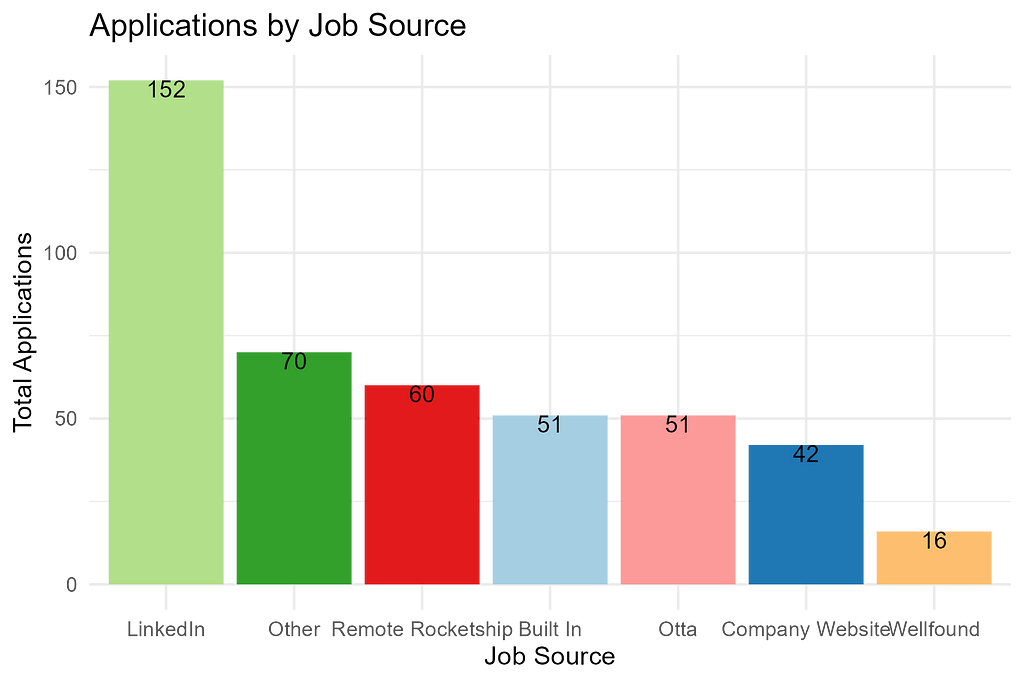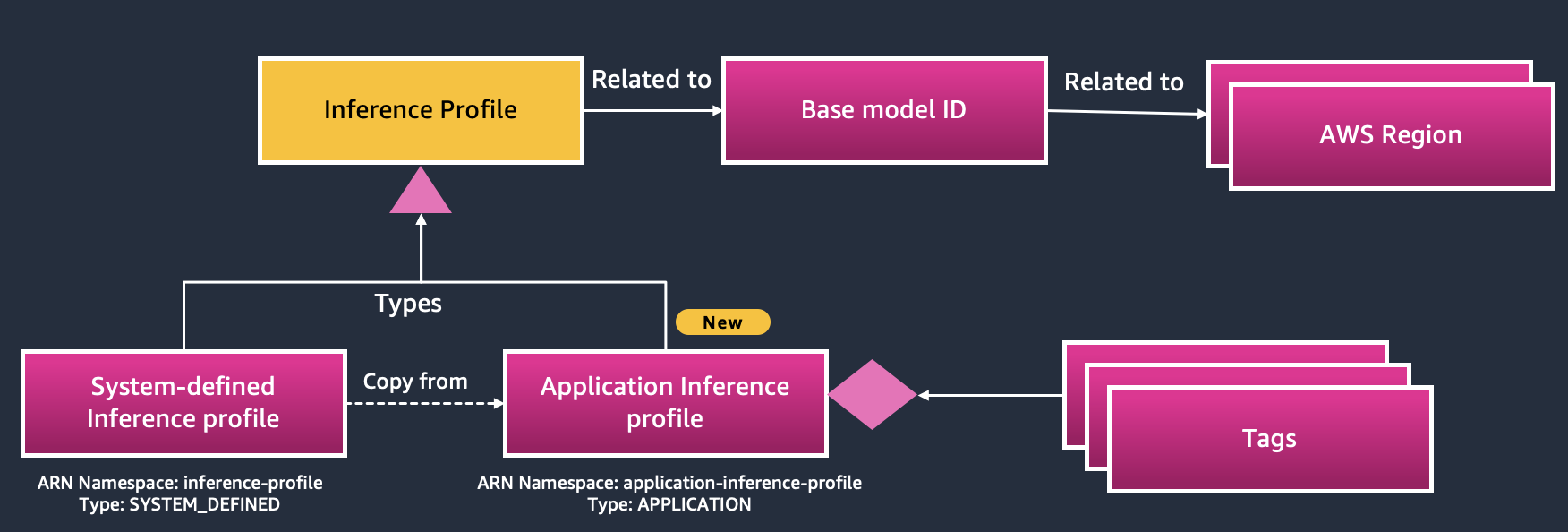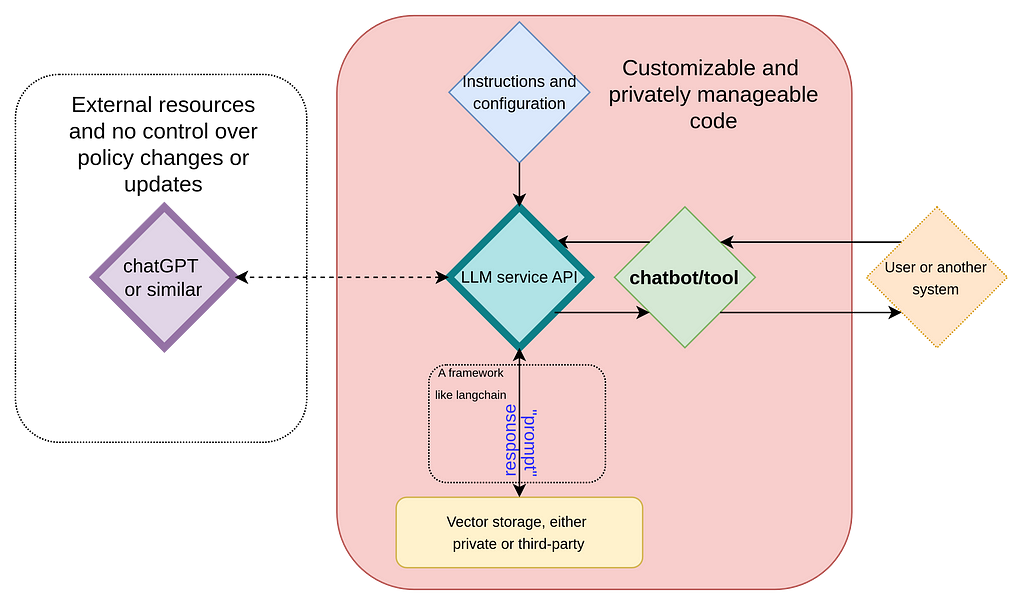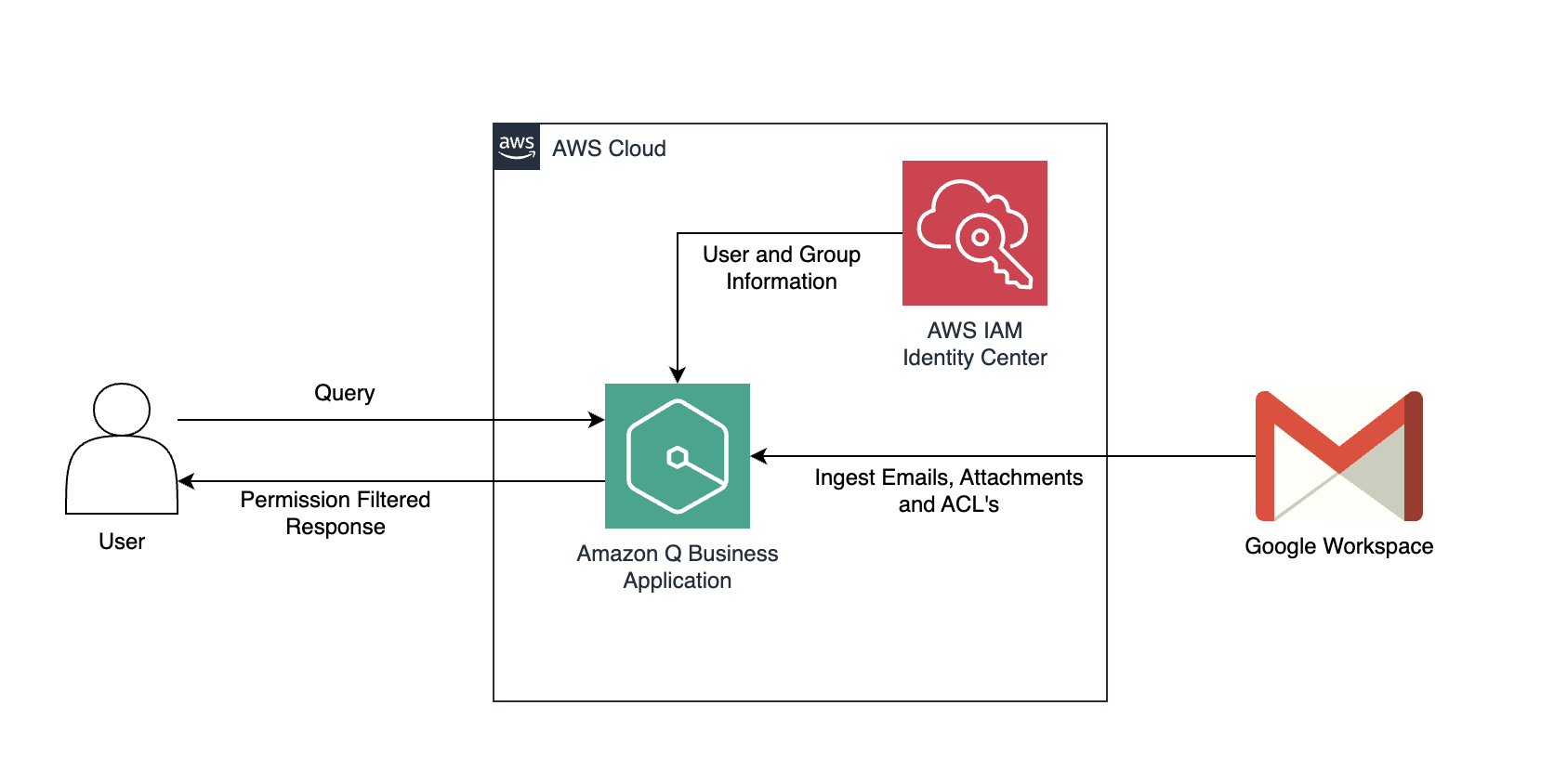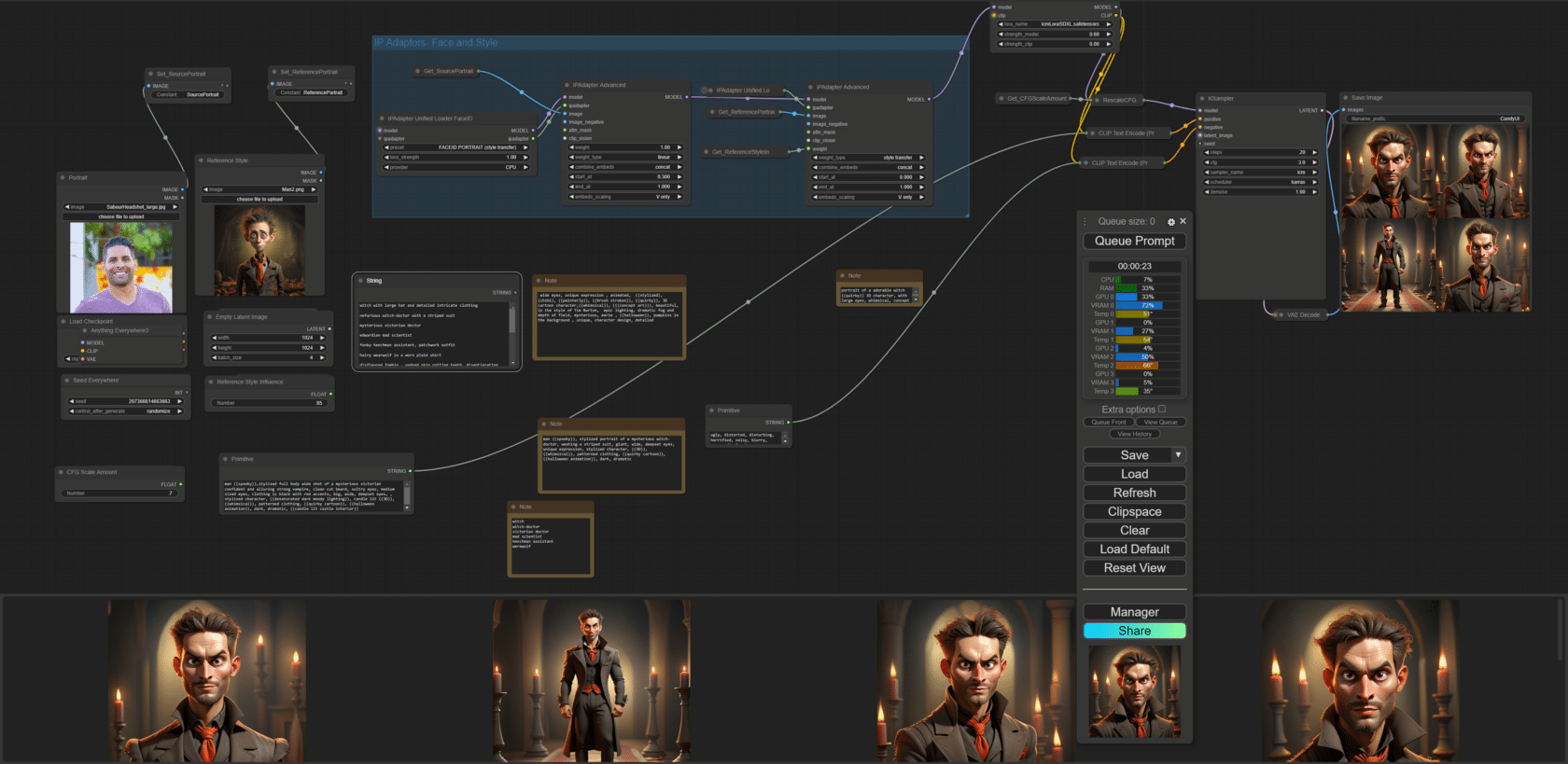VBK, the largest Dutch publisher, to trial AI for translating books into English, acquired by Simon & Schuster. AI to assist in translation of commercial fiction, Vanessa van Hofwegen confirms.
W. E. B. Du Bois' legacy on systemic racism research at MIT continues with the ICSR Data Hub, providing vital criminal justice datasets for analysis and solutions. Computational technologies uncover racial bias in American society, offering hope for a more equitable future.
AI-generated summaries by Google and Microsoft are being used in search engines, but the accuracy and authority of the information are questioned. The debate over the carcinogenic properties of aspartame highlights the potential pitfalls of relying on AI for contentious topics.
Tech platforms like Meta and Google could be legally responsible for AI-generated content. Google Maps introduces new features with Gemini, raising concerns about defamation risks from user comments used in AI responses.
Thorsten Kleppe created a stunning visualization of the Pollen Dataset, showcasing its density and data distribution. The dataset contains 3,848 rows with predictors like "ridge" and "crack" to predict "density".
Generative AI is reshaping the art world, with humans still playing a crucial role in creating AI art. Rachel Ossip explores the intersection of technology and creativity in the evolving art landscape.
Multimodal data in business documents requires efficient semantic search using embedding models for improved productivity and customer experience. Unifying text and image data for natural language queries enhances knowledge management and decision-making in various business applications.
Decentralized clinical trials reduce costs and environmental impact, using technologies like wearable devices and telemedicine. AWS enables fast implementation, supporting virtual trials and personalized patient engagement for more sustainable clinical research practices.
Tech job market toughest in 20 years. Layoffs, hiring freezes, and intense competition. LinkedIn not effective for job applications.
Retrieval-Augmented Generation (RAG) combines real-time data retrieval with language models, enhancing precision and relevance. RAG reduces hallucinations by incorporating external data, making AI systems more adaptable and reliable.
Evaluating AI-generated outputs of large language models is crucial for building robust applications, with supervised and unsupervised methods available. Self-evaluation and iterative self-reflection can improve the quality of generative models, reducing the need for human involvement in evaluations.
Enterprises face challenges managing costs of generative AI. Amazon Bedrock introduces tagging for on-demand models to enhance cost management and control.
LLMs can now be run locally for enhanced privacy and control over model settings, with various sizes available. Quantization reduces memory usage, while local implementations prove cost-effective compared to cloud-based solutions.
Gmail for business is part of Google Workspace, offering productivity tools. Amazon Q Business uses AI to enhance enterprise operations, providing tailored conversations and improving productivity through intelligent email management.
Sabour Amirazodi, a creator at NVIDIA, used AI and NVIDIA Studio to enhance his Halloween installation with digital portraits of his family using ComfyUI, Adobe Firefly, and Photoshop. The AI workflows allowed for faster creation and customization, showcasing the power of NVIDIA RTX GPUs in creative projects.









